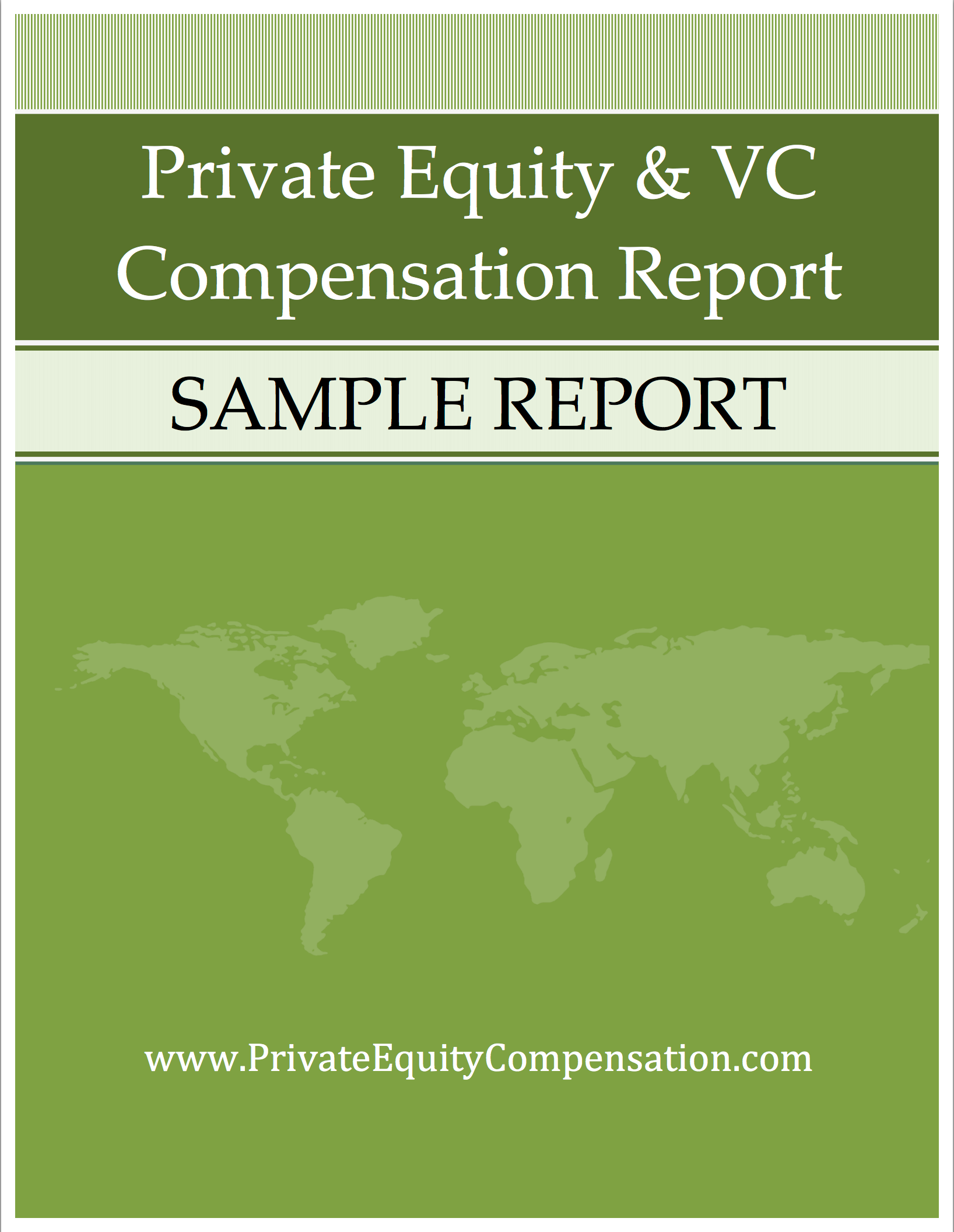One the major drivers of pay levels in the private equity and venture capital industries is the size of the firm. Firm size has a number of impacts on compensation, from the overall stability of the firm, to level of responsibility assigned to each employee. Generally, larger firms have a more stable client base and therefore more reliable revenue. This allows larger firms to offer more salary based compensation.
On the other side of the equation, in a larger firm, individuals generally operate in specialized roles, without the broad span of responsibilities that those in small firms. The requirement to have a broader business focus and greater responsibility often drives increased compensation demands in smaller firms. The way that small firms meet this demand though is generally through bonus compensation, as their smaller client bases don’t necessarily afford the same level of financial stability to the firm.
Employees at Small Firms saw Higher Compensation in 2012
In 2012, our survey found that the level of compensation within very small firms was increasing at a rate that far outpaced mid-sized and large firms. In past years, compensation had been led by mid-sized firms, offering a balance between span of responsibility and firm financial stability. This year, compensation was led by firms with between one and ten employees. Also interesting was the fact that these small firm employees reported higher salary based earnings than their big firm peers. This may be reflective of small firms recognizing the fact that workload and responsibility is generally greater in small teams, and additional compensation is required in order to retain top talent.
Bonuses were also higher in small firms, but this should come as little surprise as private equity and venture capital firms start to post stronger results. Bonuses are more volatile in small firms due to small revenue bases, and so employees expect to see considerable bonuses in the good years to offset thinner compensation in weak years. The continued strength of the industry should bode well for bonuses amongst small firms in the years to come.
Large Firms may remain most stable
Large firms remain the most stable in providing consistent salary and bonuses to employees. Employees of firms with over 100 staff may not experience the high end bonuses received by small firm employees in good years, but they also don’t have do without during weaker years. Less responsibility and more ability to specialize are also attractive features to some in deciding what firm to work at, and these are qualities that large firms provide. Benefits such as higher vacation are also easier for large firms to deliver, and should be factored into any employment decision.

